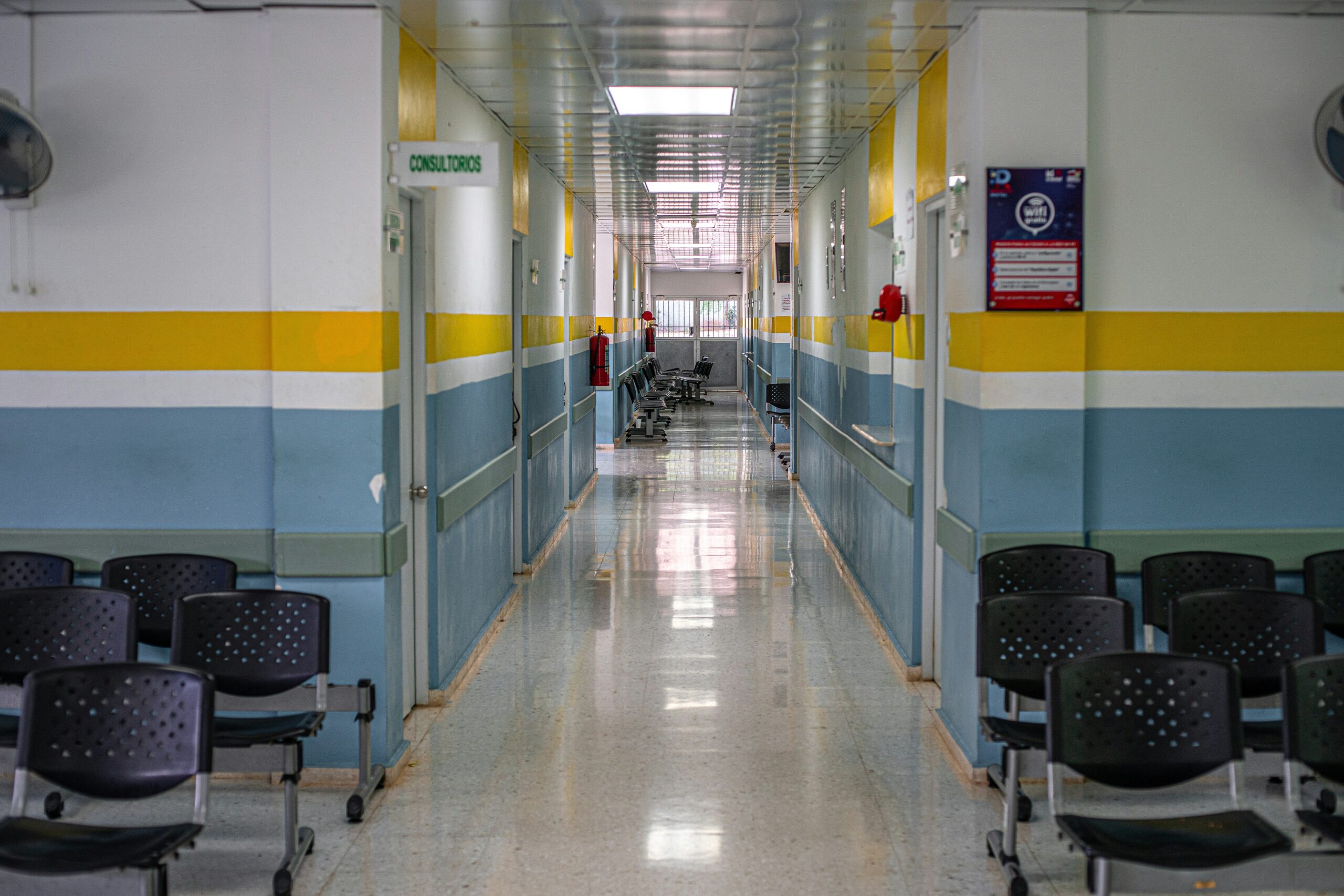Australia’s healthcare system faces significant challenges, including financial barriers to accessing care, inadequate support for chronic conditions, and underfunded mental health and dental services. Urgent reforms are needed to ensure the system can effectively meet the needs of the population.
Recent discussions about Australia’s health system have raised alarming concerns that will require urgent attention from the next government following the May election. Although significant funding has been promised for Medicare and the Pharmaceutical Benefits Scheme (PBS), there has been insufficient focus on critical reform areas by the major political parties.
Despite its strengths, such as high life expectancy and a generally good performance relative to other wealthy nations, there are several pressing issues that need addressing. Australia’s Medicare, which has been the backbone of primary care for over four decades, now necessitates updates and improvements. The system must evolve to meet the changing landscape of healthcare needs, particularly in five key areas: reducing financial barriers to care, managing chronic conditions, enhancing mental health and dental care, improving public hospital services, and addressing workforce shortages.
Financial Barriers to Care: Even with Medicare’s goal of providing universal healthcare, a troubling statistic has emerged: about one in ten Australians has postponed seeing a doctor due to costs. Despite the PBS’s subsidized medicines, individuals report difficulties in affording prescriptions. Recently, the Labor party made headlines by announcing measures aimed at increasing bulk-billing rates and capping PBS prescription prices at A$25, reflecting the pressing cost-of-living issues central to the election discourse. The Coalition has pledged to match these proposals; however, neither party has addressed the growing disparity between specialists’ fees and what Medicare covers, leaving many patients to delay or forgo necessary medical care.
Managing Chronic Conditions: The Australian health system is struggling to adapt to the rising incidence of chronic diseases. In the fiscal year 2023–24, 18% of Australians accessed three or more healthcare professionals, but for 28% of them, there was a lack of coordinated care among providers. Originally designed for a different demographic and health landscape, Medicare needs a significant overhaul aimed at addressing chronic conditions more effectively. Ongoing initiatives, such as the strengthening Medicare taskforce and GP incentives review, are recommended to facilitate multidisciplinary care, ensuring that irrespective of which party wins the government, these reforms must continue.
Mental Health and Dental Care: Mental health and dental services often remain overlooked within the broader healthcare conversation. Statistics indicate that more than 20% of Australians are delaying dental care due to financial constraints—twice the number that avoid other medical services for similar reasons. The issue is less about uncapped access, as suggested by some political parties, and more about finding a nuanced approach toward universal access to dental care. Mental health care presents a different set of challenges, where individuals from both affluent and disadvantaged backgrounds face obstacles to accessing necessary services. The Coalition has proposed increasing the maximum number of Medicare-subsidized mental health sessions to 20, a move criticized for being inequitable. Conversely, Labor has committed A$1 billion to expand free mental health services, an approach aligning with the needs of many Australians. Both parties should support an ongoing universal program aimed at low-to-moderate mental health needs, which operates without requiring a referral or copayment, set to roll out in January 2026.
Public Hospital Funding: Funding for public hospitals has seen a downward trend in the Commonwealth’s contributions, deteriorating the growth experienced over the last decade. This has led to some hospitals being significantly affected, with longer waiting times and insufficient resources. In late 2023, national cabinet discussions attempted to address this with a funding deal aiming to increase the Commonwealth’s hospital funding share to 45% by 2035–36. However, bureaucratic entanglements have stalled progress on this important issue. Both major parties need to commit firmly to implement the full funding agreement in a timely manner to ensure hospitals have the necessary resources.
Healthcare Workforce Shortages: A critical shortage in healthcare professionals is evident, significantly worsened since the Abbott government disbanded Health Workforce Australia in 2014, hindering national planning for health workforce needs. The Albanese government has attempted to alleviate this issue by expediting the recruitment of internationally trained health professionals and providing incentives for clinicians to work in rural regions. However, these measures appear to be temporary solutions to a much deeper systemic problem.
In summary, Australia’s healthcare system faces various challenges that require immediate and thoughtful reforms. From financial barriers to care and the management of chronic conditions to the urgent need for adequate mental health and dental services, as well as public hospital funding and workforce shortages, the next government must prioritize a comprehensive strategy to fortify and advance Australia’s health system.


